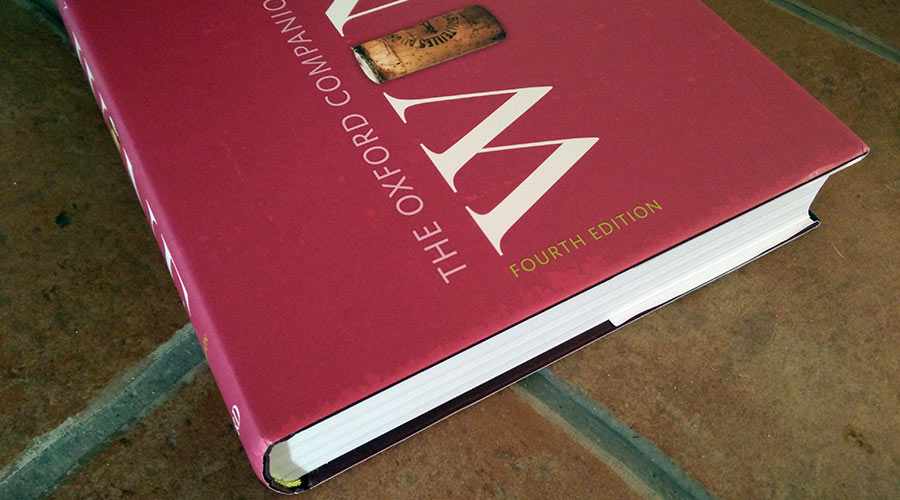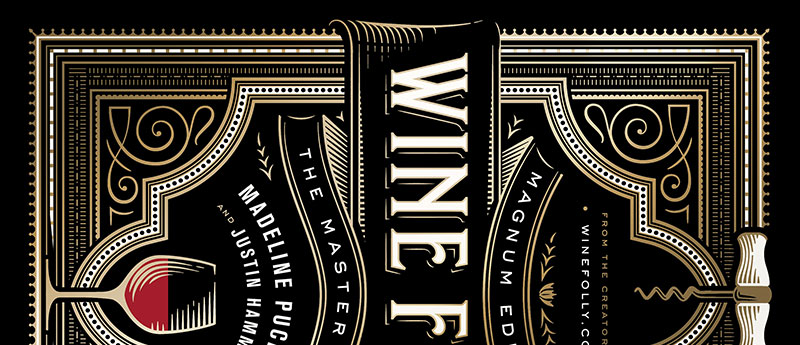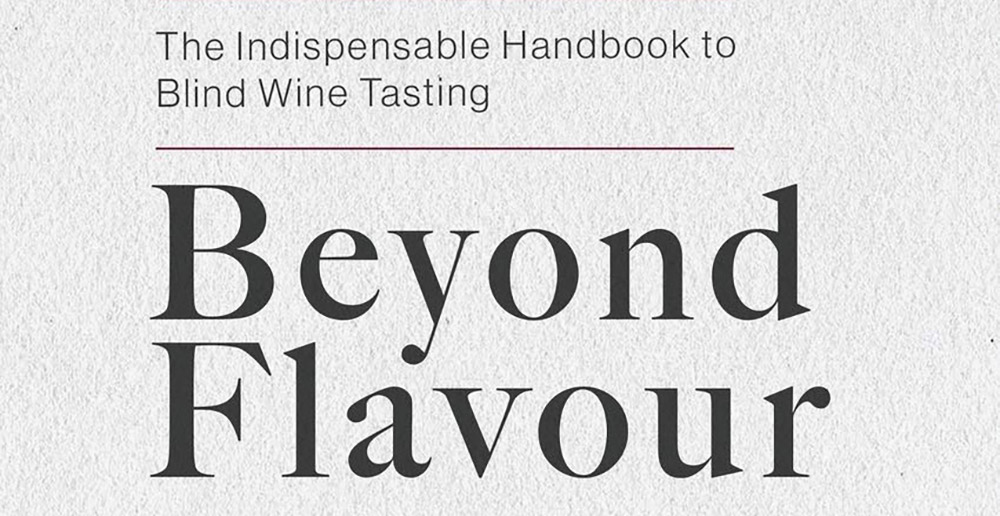Lord knows we’re not suffering from a short supply of cocktail books these days. While “The Savoy Cocktail Book” from forever and ago was one of the main references in this field, we’re now amidst a bounty of new titles such as: “The Art of Mixology”, “The Curious Bartender”, “Liquid Intelligence”, “The PDT Cocktail Book”, and countless others. Oh, and then there are all the books on individual ingredients such as Bitters or specific spirits such as Bourbon, Whiskey, Gin, etc. Christ, there was even a book only about the […]


